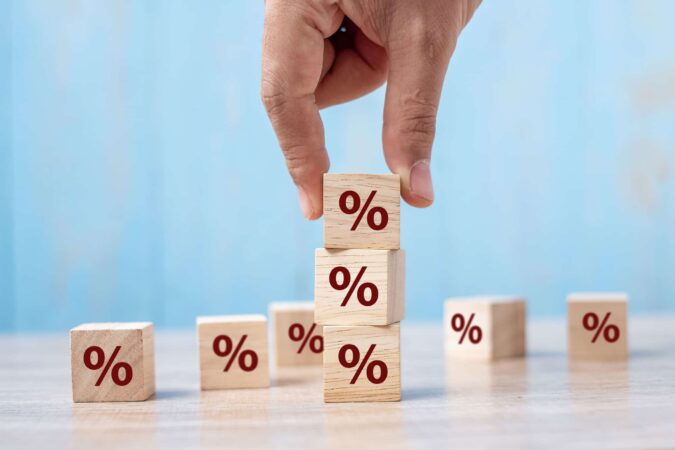Today, Euribor prices rose to three, six and 12 months from Friday and in the two shorter periods to new highs since December 2011 and February 2009, respectively.
The six-month Euribor rate, the most used in Portugal for housing loans and which entered the positive territory on June 6, rose today to 2.032%, up 0.005 points and the new maximum since February 2009.
The six-month Euribor average rose from 0.837% in August to 1.596% in September.
The six-month Euribor was negative for six years and seven months (between November 6, 2015 and June 3, 2022).
In the same vein, the three-month Euribor index, which entered positive territory on July 14 for the first time since April 2015, rose today, after being set at 1.458%, up 0.055 points from Friday and a new high. Since December 2011.
The three-month Euribor rate was negative between April 21, 2015 and July 13, 2015 (seven years and two months).
The three-month Euribor average rose from 0.395% in August to 1.011% in September.
In a 12-month span, the Euribor Index is also up today, when it was set at 2.679%, plus 0.002 points against the maximum since January 2009, of 2.693%, on October 11.
After rising on April 12 to 0.005%, and for the first time positive since February 5, 2016, Euribor for 12 months has been in positive territory since April 21.
The 12-month Euribor average rose from 1.249% in August to 2.233% in September.
Euribor began to rise further since February 4, after the European Central Bank (ECB) admitted that it may raise key interest rates this year due to high inflation in the euro area and this trend was reinforced with the beginning of the Russian invasion of Ukraine on February 24.
On September 8, the European Central Bank raised the three key interest rates by 75 basis points, the second consecutive increase this year, because on July 21, it raised the three key interest rates by 50 basis points, the first rise in 11 years, with the aim of curbing Curb inflation.
At the end of the last meeting, European Central Bank President Christine Lagarde said the historic 75 basis point increase in interest rates was not the “norm,” but stressed that the assessment would meet each meeting.
The evolution of Euribor interest rates is closely related to increases or decreases in the key interest rates of the European Central Bank.
Euribor prices for three, six and 12 months recorded all-time lows, respectively, at -0.605% on December 14, 2021, and -0.554% and -0.518% on December 20, 2021.
Euribor is determined by the average rates at which a group of 57 eurozone banks are willing to lend money to each other on the interbank market.

“Wannabe internet buff. Future teen idol. Hardcore zombie guru. Gamer. Avid creator. Entrepreneur. Bacon ninja.”

